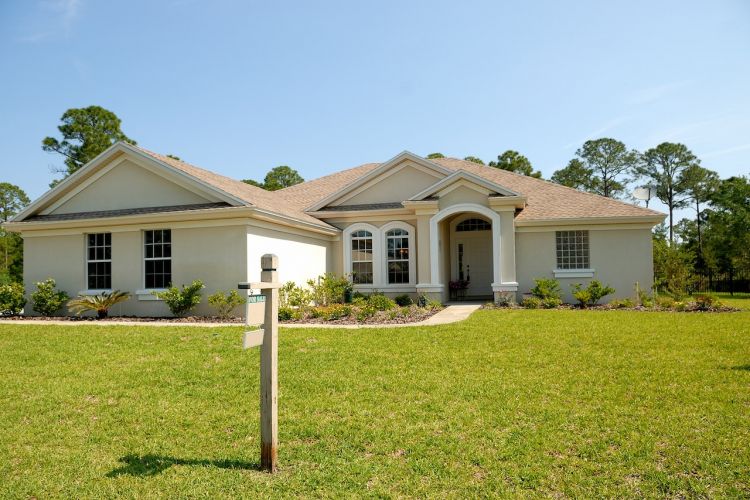
Hard money loans are often used by fix and flippers in real estate investing. Here are some key points about hard money loans for fix and flippers:
These types of loans are short-term, asset-based loans that are secured by the property being renovated or flipped. They are called "hard money" loans because they are typically provided by private investors (benies) or private money companies, rather than traditional banks or lending institutions.
Loan Criteria: Hard money lenders/brokers primarily focus on the value of the property rather than the borrower's credit history or financial situation. They consider factors such as the after-repair value (ARV) of the property, the renovation plans, and the potential profit for the flipper. Experience of the flipper and good exit stragedy are key to the process.
Quicker Approval and Funding times: Compared to traditional bank loans, hard money loans have a faster approval process. This is because hard money lending bases their decision on the collateral (the property) rather than extensive documentation. They typically use light documentaion. As a result, fix and flippers can obtain the funds they need quickly. Real estate experience is a must.
Higher Interest Rates and Fees: Hard money loans typically come with higher interest rates and fees compared to traditional loans. Since these loans carry more risk for the lenders, they compensate for it by charging higher interest rates, usually in the range of 8% to 12%. Additionally, hard money loans often have origination fees, closing costs, and other associated fees.
Short-Term Duration: Hard money loans are usually short-term loans, with terms typically ranging from 1 year to a few years. They are designed to provide financing for the acquisition and renovation of the property until it can be sold or refinanced.
Renovation Costs Included: Hard money lending may consider including the renovation costs in the loan amount, providing the fix and flipper with the necessary funds for the renovation of the property. Please note you need to have "skin in the game". It is not typical to receive 100 of the Purchase price and the renovation costs.
Asset-Based Loan-to-Value (LTV) Ratio: Hard money lending determines the loan amount based on the after-repair value (ARV) of the property. The loan-to-value (LTV) ratio is typically capped at a certain percentage, often ranging from 60% to 70% of the ARV. This means that fix and flippers may need to bring some cash or equity to cover a portion of the purchase and renovation costs. Cross collateral can be used as well as seller carry backs.
Exit Strategy: Private money lending is concerned about how the loan will be repaid. Fix and flippers should have a solid plan to sell the property or refinance it with a conventional mortgage once the renovation is complete. The private money source will require regular prinicipal and interest payments during the term of the loan or interest only payments.
Often real estate flippers establish a good working reltaionship with the private investors and are able use their funds once again adding more leverage and less hassle with paperwork as the relatioship is established. Becomes a "win win" for both parties.
For more information on our Hard Money Loans or Trust Deed Investments, call our office at 714.838.1474 ext. 102 or visit our:www.hanovermc.com